ELECTRIC VEHICLE PLANS FOR CARBON NEUTRALITY
입력 2020.12.08 (15:49)
수정 2020.12.08 (17:19)
읽어주기 기능은 크롬기반의
브라우저에서만 사용하실 수 있습니다.
[Anchor Lead]
Korea's carbon neutrality strategy will inevitably bring big changes to our daily lives, This includes pushing for a switch to eco-friendly electric and hydrogen-fueled vehicles. We take a look at what other changes the government's plan will bring about.
[Pkg]
The most important factor in boosting the use of eco-friendly vehicles is building more related infrastructure. The government announced plans to increase the number of electric car charging from the current 50,000 to 500,000 within five years. It also plans to install them at 20 million households nationwide by 2050. Portable chargers, that aren't affected by location, will be a pivotal part of the plan. The government also unveiled a push to increase charging stations for hydrogen-fueled vehicles to 2,000. That would almost equal the number of LPG stations in the country. The government also vowed to support businesses that develop technologies relating to battery and performance that can ultimately help lower the prices of eco-friendly vehicles.
[Soundbite] CHO MYUNG-RAE(ENVIRONMENT MINISTER(KBS INTERVIEW)) : "It is possible all internal combustion vehicles could be replaced with hydrogen or electric ones. We will have to officially declare the end of internal combustion engines."
The government is also pushing for a change in the way we commute using cars. It plans to ease related regulations and boost the use of car-sharing platforms and self-driving shuttle buses. It's also looking to build more intercity express railway networks. However, the government's blueprint didn't include methods to overcome possible obstacles. This includes stances on an LPG tax hike and the into duction of carbon tax, which is levied in proportion to the burning of fossil fuels.
[Soundbite] HONG NAM-KI(FINANCE MINISTER) : "mentioned that we will review the new taxation and penalty systems in a broad framework. At the current stage, it is inappropriate to elaborate on details."
The government's basic stance is that it will make a decision after calculating their potential repercussions on the competitiveness of domestic industries.
Korea's carbon neutrality strategy will inevitably bring big changes to our daily lives, This includes pushing for a switch to eco-friendly electric and hydrogen-fueled vehicles. We take a look at what other changes the government's plan will bring about.
[Pkg]
The most important factor in boosting the use of eco-friendly vehicles is building more related infrastructure. The government announced plans to increase the number of electric car charging from the current 50,000 to 500,000 within five years. It also plans to install them at 20 million households nationwide by 2050. Portable chargers, that aren't affected by location, will be a pivotal part of the plan. The government also unveiled a push to increase charging stations for hydrogen-fueled vehicles to 2,000. That would almost equal the number of LPG stations in the country. The government also vowed to support businesses that develop technologies relating to battery and performance that can ultimately help lower the prices of eco-friendly vehicles.
[Soundbite] CHO MYUNG-RAE(ENVIRONMENT MINISTER(KBS INTERVIEW)) : "It is possible all internal combustion vehicles could be replaced with hydrogen or electric ones. We will have to officially declare the end of internal combustion engines."
The government is also pushing for a change in the way we commute using cars. It plans to ease related regulations and boost the use of car-sharing platforms and self-driving shuttle buses. It's also looking to build more intercity express railway networks. However, the government's blueprint didn't include methods to overcome possible obstacles. This includes stances on an LPG tax hike and the into duction of carbon tax, which is levied in proportion to the burning of fossil fuels.
[Soundbite] HONG NAM-KI(FINANCE MINISTER) : "mentioned that we will review the new taxation and penalty systems in a broad framework. At the current stage, it is inappropriate to elaborate on details."
The government's basic stance is that it will make a decision after calculating their potential repercussions on the competitiveness of domestic industries.
■ 제보하기
▷ 카카오톡 : 'KBS제보' 검색, 채널 추가
▷ 전화 : 02-781-1234, 4444
▷ 이메일 : kbs1234@kbs.co.kr
▷ 유튜브, 네이버, 카카오에서도 KBS뉴스를 구독해주세요!
- ELECTRIC VEHICLE PLANS FOR CARBON NEUTRALITY
-
- 입력 2020-12-08 15:49:33
- 수정2020-12-08 17:19:39
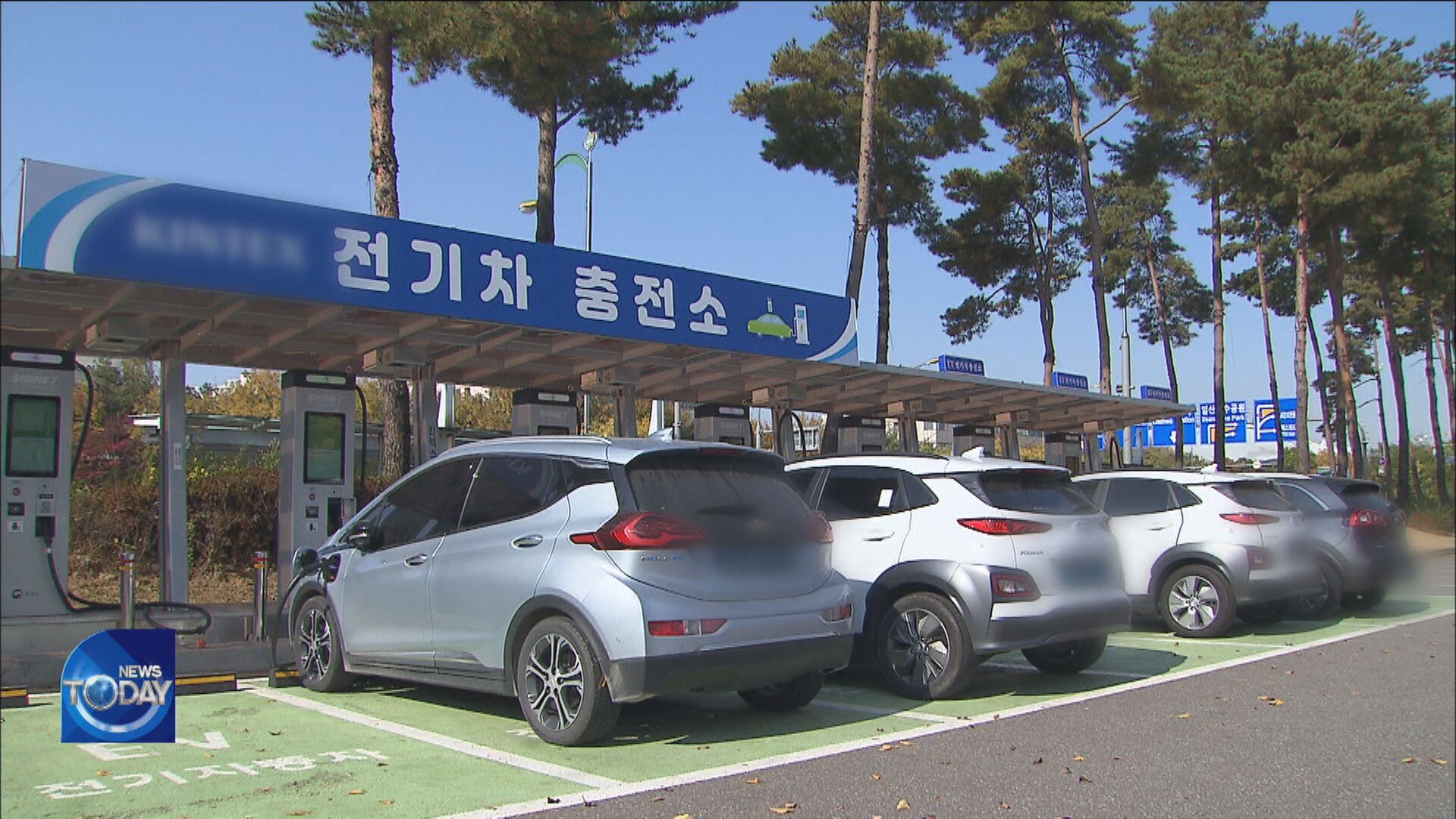
[Anchor Lead]
Korea's carbon neutrality strategy will inevitably bring big changes to our daily lives, This includes pushing for a switch to eco-friendly electric and hydrogen-fueled vehicles. We take a look at what other changes the government's plan will bring about.
[Pkg]
The most important factor in boosting the use of eco-friendly vehicles is building more related infrastructure. The government announced plans to increase the number of electric car charging from the current 50,000 to 500,000 within five years. It also plans to install them at 20 million households nationwide by 2050. Portable chargers, that aren't affected by location, will be a pivotal part of the plan. The government also unveiled a push to increase charging stations for hydrogen-fueled vehicles to 2,000. That would almost equal the number of LPG stations in the country. The government also vowed to support businesses that develop technologies relating to battery and performance that can ultimately help lower the prices of eco-friendly vehicles.
[Soundbite] CHO MYUNG-RAE(ENVIRONMENT MINISTER(KBS INTERVIEW)) : "It is possible all internal combustion vehicles could be replaced with hydrogen or electric ones. We will have to officially declare the end of internal combustion engines."
The government is also pushing for a change in the way we commute using cars. It plans to ease related regulations and boost the use of car-sharing platforms and self-driving shuttle buses. It's also looking to build more intercity express railway networks. However, the government's blueprint didn't include methods to overcome possible obstacles. This includes stances on an LPG tax hike and the into duction of carbon tax, which is levied in proportion to the burning of fossil fuels.
[Soundbite] HONG NAM-KI(FINANCE MINISTER) : "mentioned that we will review the new taxation and penalty systems in a broad framework. At the current stage, it is inappropriate to elaborate on details."
The government's basic stance is that it will make a decision after calculating their potential repercussions on the competitiveness of domestic industries.
Korea's carbon neutrality strategy will inevitably bring big changes to our daily lives, This includes pushing for a switch to eco-friendly electric and hydrogen-fueled vehicles. We take a look at what other changes the government's plan will bring about.
[Pkg]
The most important factor in boosting the use of eco-friendly vehicles is building more related infrastructure. The government announced plans to increase the number of electric car charging from the current 50,000 to 500,000 within five years. It also plans to install them at 20 million households nationwide by 2050. Portable chargers, that aren't affected by location, will be a pivotal part of the plan. The government also unveiled a push to increase charging stations for hydrogen-fueled vehicles to 2,000. That would almost equal the number of LPG stations in the country. The government also vowed to support businesses that develop technologies relating to battery and performance that can ultimately help lower the prices of eco-friendly vehicles.
[Soundbite] CHO MYUNG-RAE(ENVIRONMENT MINISTER(KBS INTERVIEW)) : "It is possible all internal combustion vehicles could be replaced with hydrogen or electric ones. We will have to officially declare the end of internal combustion engines."
The government is also pushing for a change in the way we commute using cars. It plans to ease related regulations and boost the use of car-sharing platforms and self-driving shuttle buses. It's also looking to build more intercity express railway networks. However, the government's blueprint didn't include methods to overcome possible obstacles. This includes stances on an LPG tax hike and the into duction of carbon tax, which is levied in proportion to the burning of fossil fuels.
[Soundbite] HONG NAM-KI(FINANCE MINISTER) : "mentioned that we will review the new taxation and penalty systems in a broad framework. At the current stage, it is inappropriate to elaborate on details."
The government's basic stance is that it will make a decision after calculating their potential repercussions on the competitiveness of domestic industries.
이 기사가 좋으셨다면
-
좋아요
0
-
응원해요
0
-
후속 원해요
0










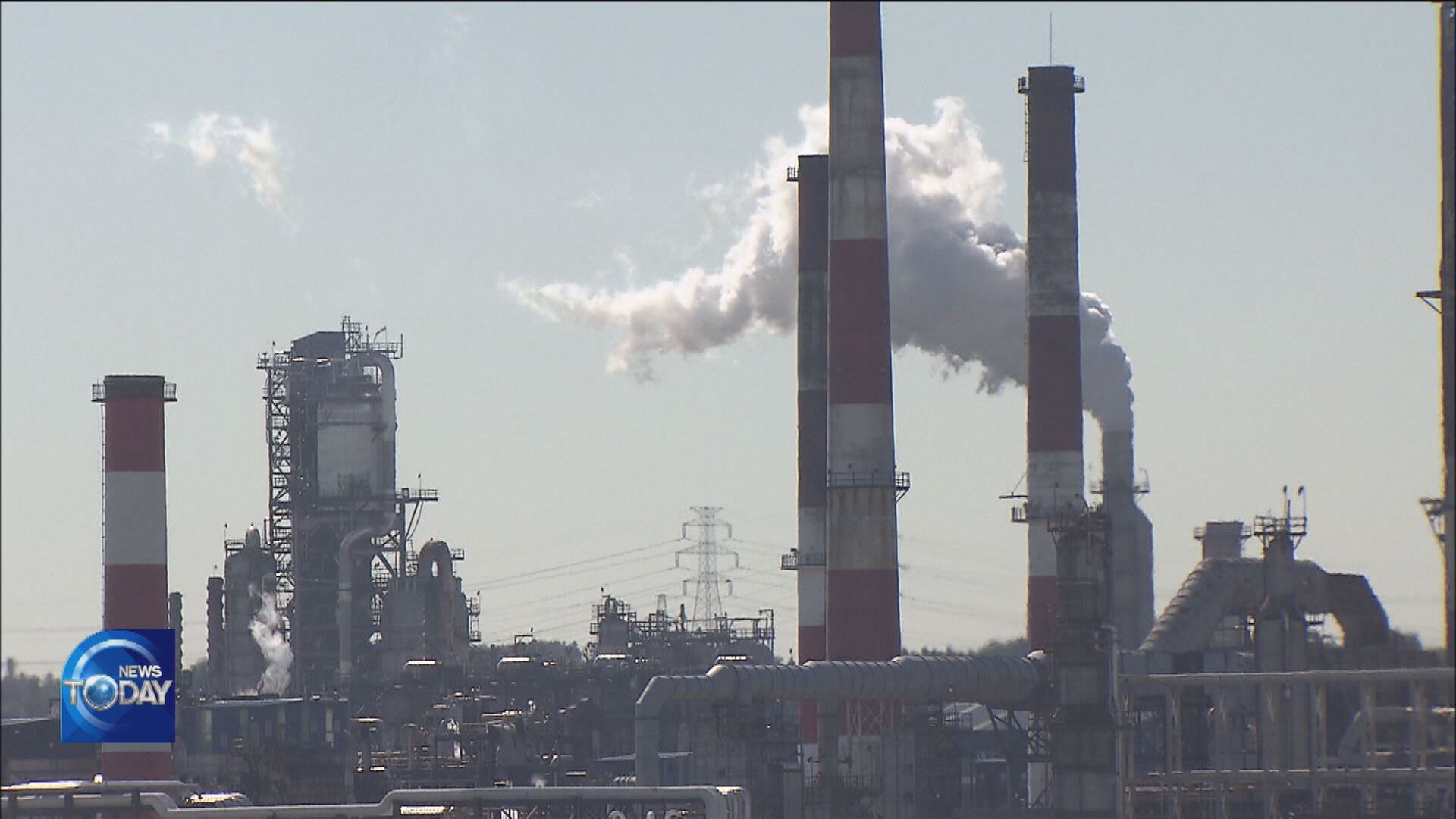
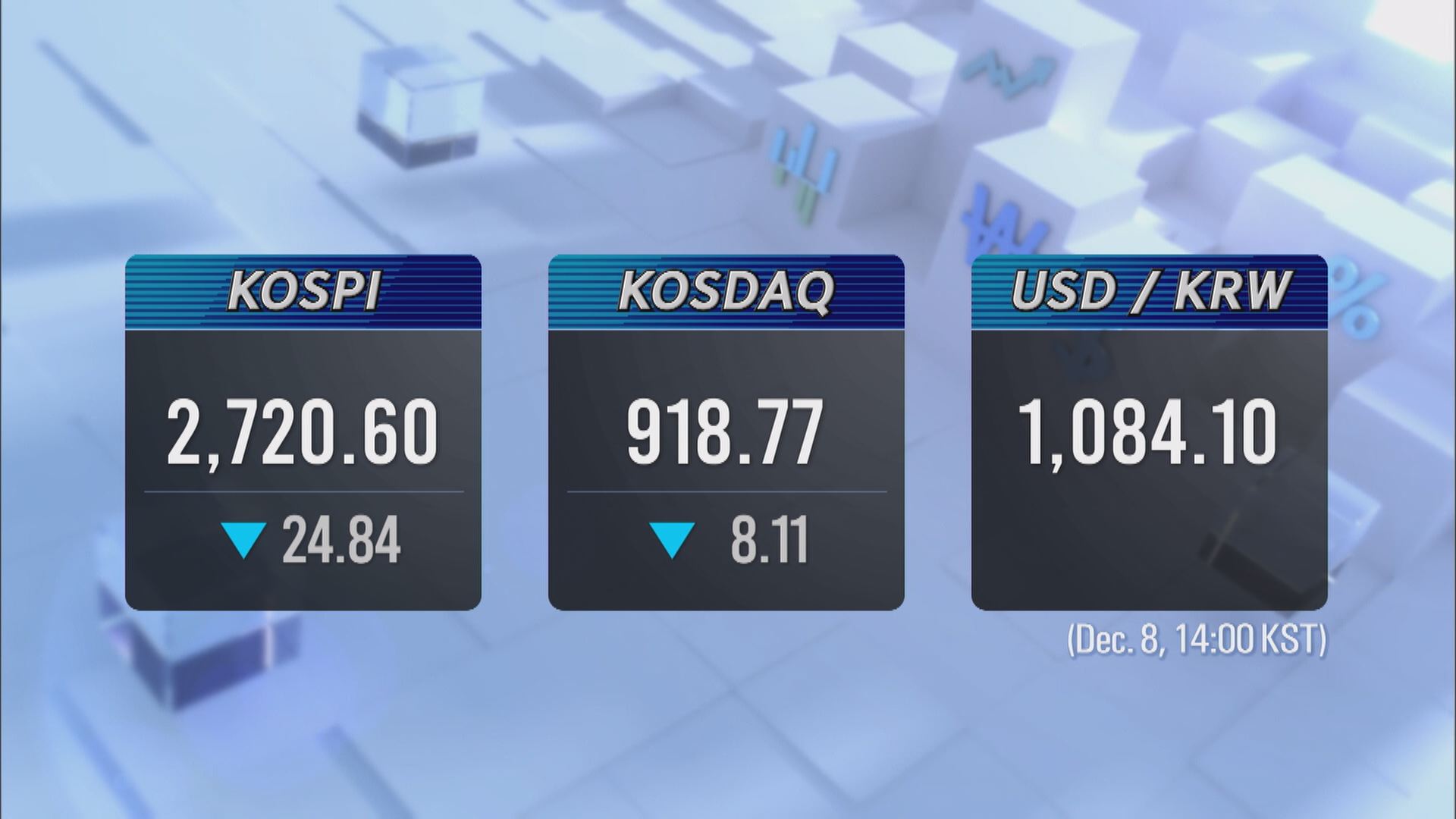
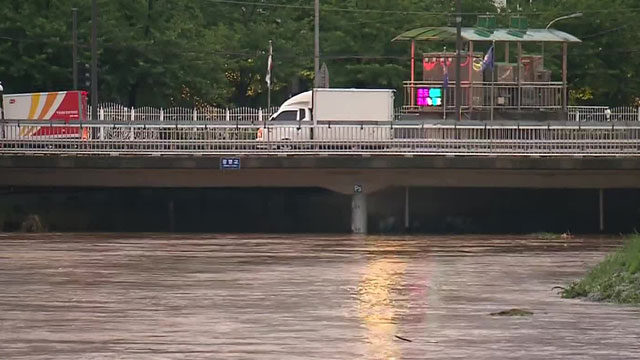

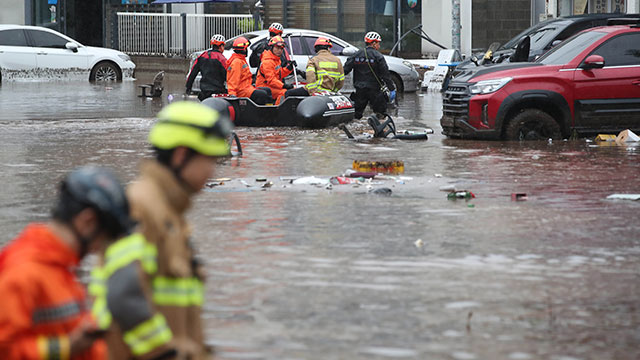
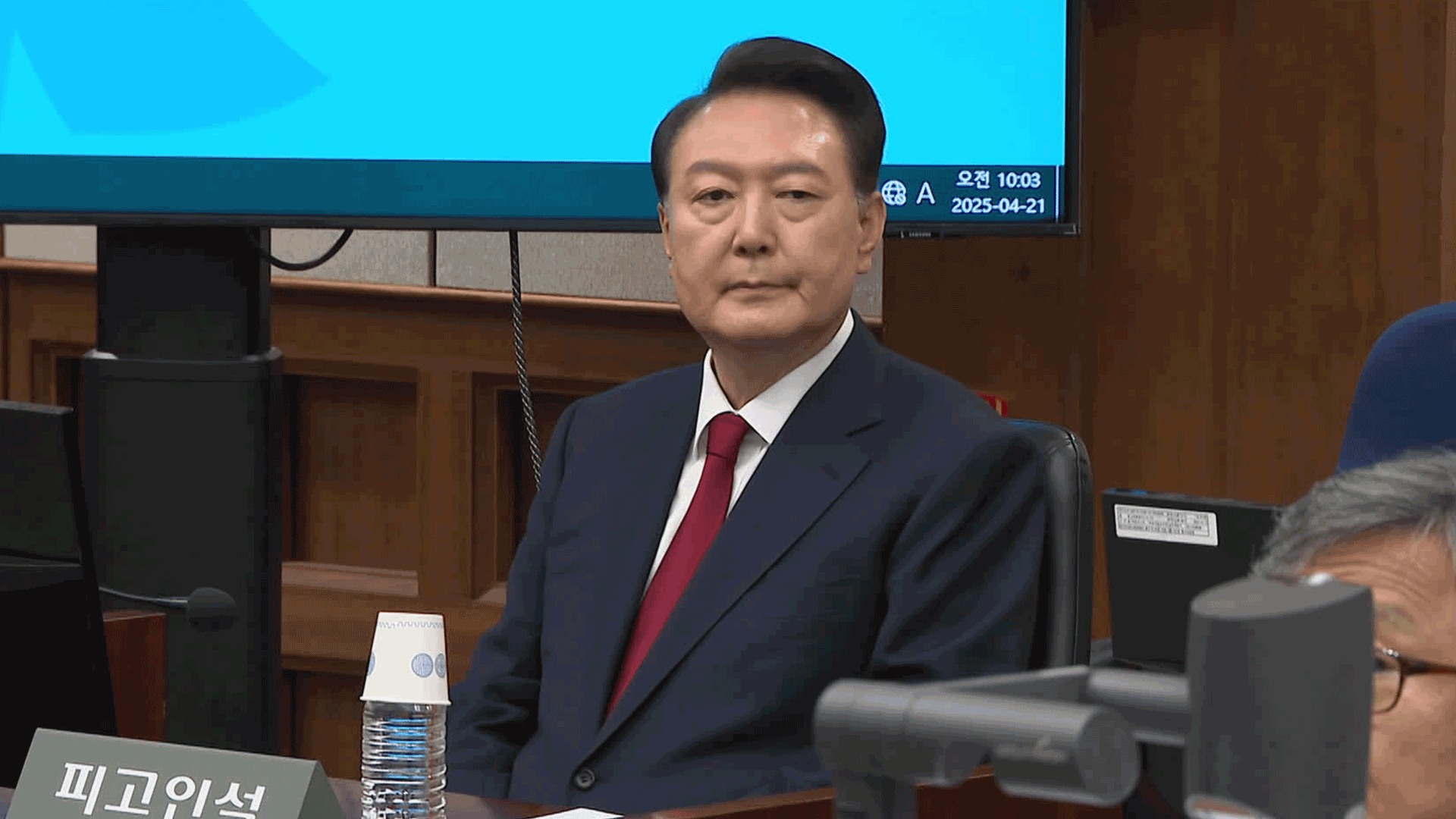

이 기사에 대한 의견을 남겨주세요.